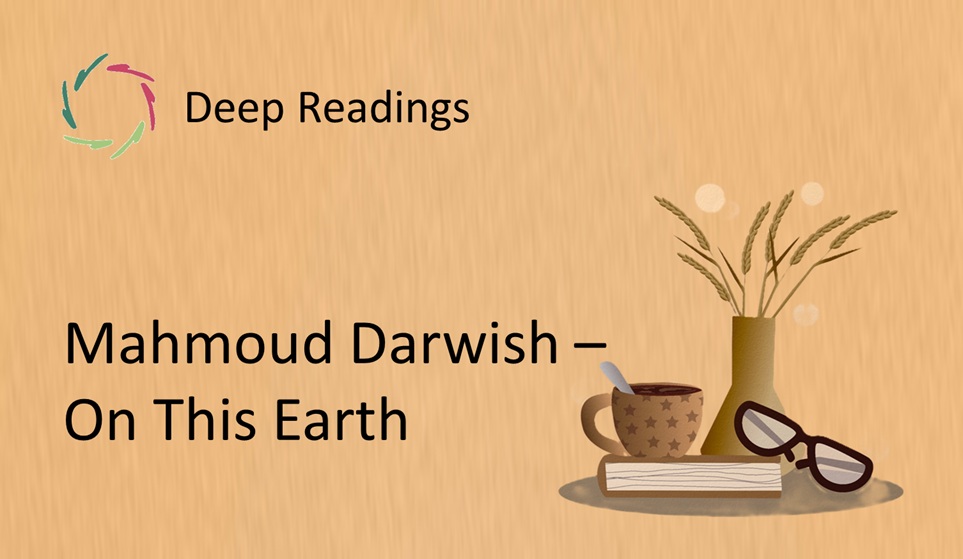Deep Readings: Pink Floyd ― The Great Gig in the Sky (1973)

The fragment
“I am not frightened of dying. Any time will do;
I don’t mind. Why should I be frightened of dying?
There’s no reason for it.”
(Copyright proof)
Listen → Pink Floyd (Atom verion) on YouTube
Contextual glimpse
Placed near the heart of The Dark Side of the Moon, this track bridges spoken reflections on death with an explosive, wordless vocal. Built on Rick Wright’s piano and organ, it invites a session singer to improvise pure feeling, no lyrics—only breath, cry, and flight. The brief spoken line sets the key: fear loosens, time opens. Then language falls away and the voice does what words cannot. The piece is less a “song” than a passage: from thought to embodiment, from concept to surrender. Its power lies in how it lets mortality be felt without argument.
Across the album’s cycle—time, money, conflict—this track is the letting-go point. Instead of defining death, it dissolves the need to define, and in doing so, widens life.
Resonance
The spoken fragment is calm, almost conversational, as if the door were ordinary. Then the voice arrives, and ordinary breaks open. What follows is a map of thresholds: inhale (approach), crest (terror/rapture), release (after). Words would narrow it; vowel and breath keep it vast. In Aurelian terms, this is active acceptance—living through, not giving up—where fear is met, held, and transmuted.
The voice does not explain death; it teaches the body how to soften around it.
Notice how the climaxes never harden into aggression; even the peak remains human, vulnerable. This is not triumph over death, but intimacy with finitude. By the end, the same harmony that began the piece lands again, changed because we are. The track becomes a rehearsal for presence: to feel fully, and still remain whole.
Why this may also be about you
There are moments when language runs out—grief, birth, endings that do not fit sentences. The body still knows how to speak. This fragment gives permission to let meaning move as breath before it becomes thought.
You may not be near death, yet you may be near a threshold. Let the calm sentence stand beside your own tremor. Both can be true.
Lisa’s inspired, original idea about this fragment
Imagine a shore where waves translate ocean into touch. The wordless vocal is that shoreline: enormity arriving as ripples you can feel. Thought watches; the body understands.
Or hear it as a cathedral with no walls: resonance instead of doctrine. You enter, and the echo teaches you how to listen.
Echoes
Performed live, the track becomes a communal rite: a single human voice carrying the charge for thousands, reminding each listener of their own breath. Cover versions shift color—sometimes operatic, sometimes bluesy—but the arc remains: approach, break, mend. It often surfaces at memorials and private vigils, not to answer questions, but to keep love company when answers fail.
Its survival rests on trust: that beyond analysis, shared sound can hold us together. Each new hearing renews that trust, turning personal fear into a felt belonging. The echo is not fame; it is recognition.
Inner invitation
Let this fragment live inside you for a while, like a quiet hand on your back. First, repeat the spoken line silently until it loses its edge and becomes simple. Then, with eyes closed, breathe as the vocal would: a slow rise, a peak, a softened fall—three times. Notice where your body tenses; let breath wrap that place without forcing change. If emotion comes, let it crest and ebb. Stay until the room feels a little wider.
Closing note
This is about the human being you are: finite, yes—and also spacious enough to hold the fear that finitude brings, without breaking. Like a sky that makes room for weather.
Lisa’s final take
Not fearless—held.


